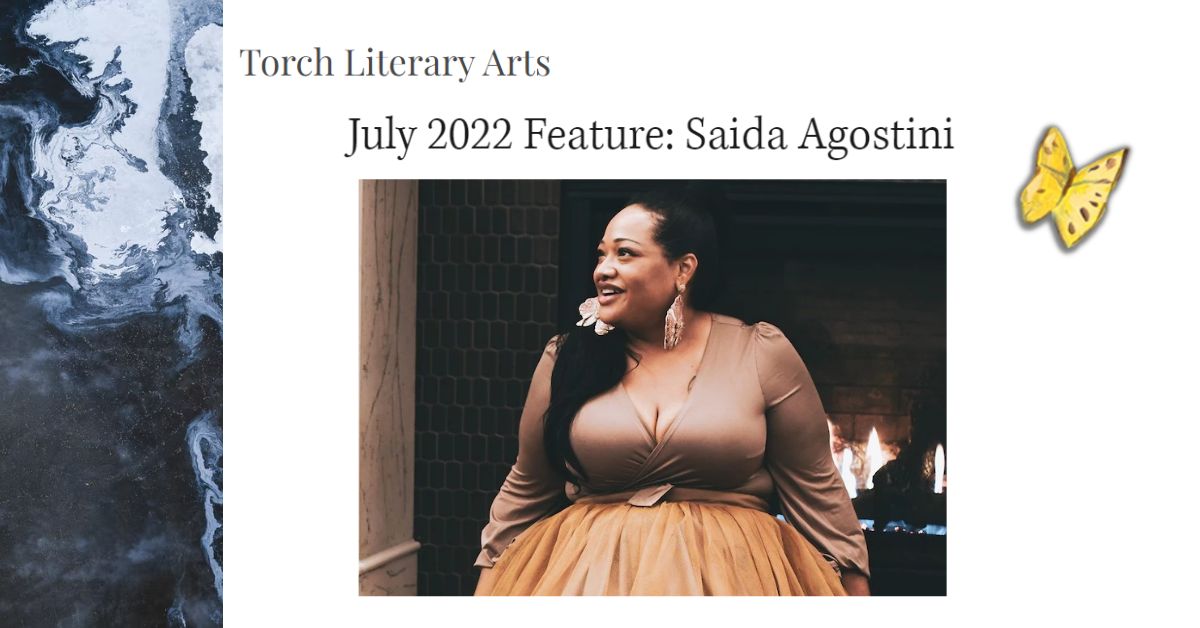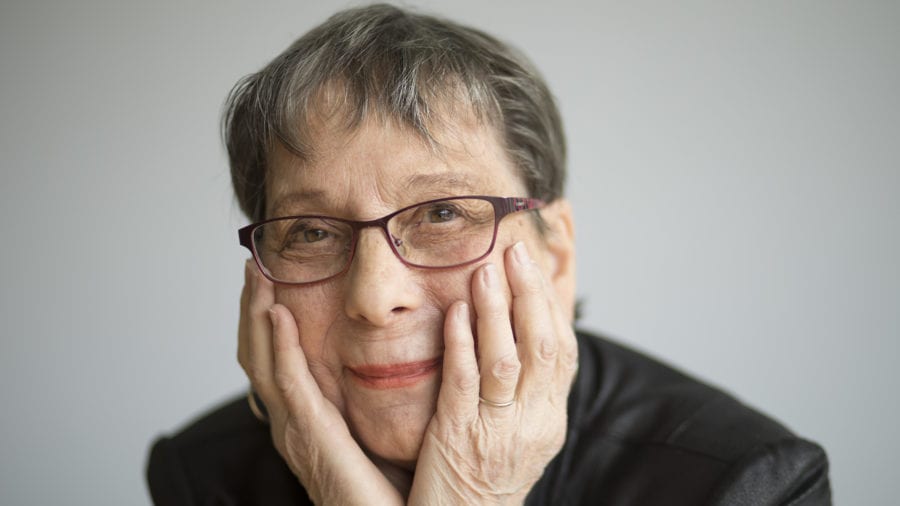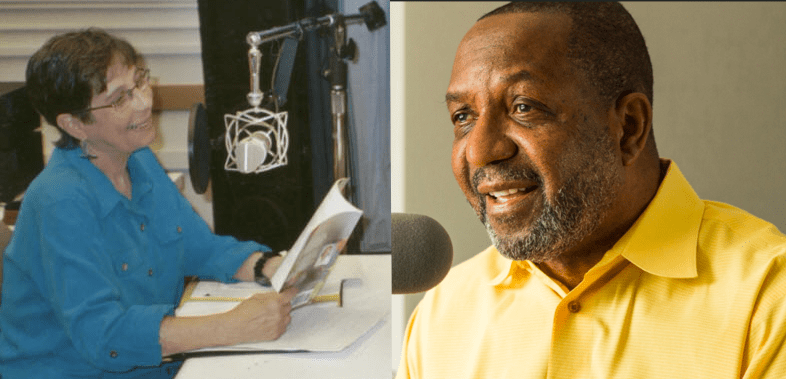Saida Agostini is Torch literary Arts Featured Artist of July

Torch Literary Arts, a non-profit literary organization with the goal of raising the creative voices of black women writers, has selected Saida Agostini as their featured artist of July. Included in the feature is a sampling of her work and a substantive interview with Saida. Read the entire feature here and find an excerpt of the interview below.
Saida Agostini is a queer Afro-Guyanese poet whose work explores the ways Black folks harness mythology to enter the fantastic. Her first full-length poetry collection, let the dead in, is an exploration of the mythologies that seek to subjugate Black bodies, and the counter-stories that reject such subjugation. You can pick up a copy of let the dead in wherever you buy books, or check out our dedicated shop here
Excerpt from Torch's interview with Saida Agostini
Your writing is rich with images of desire and love but also leans into the realities of pain and injustice. How do these subjects influence your work?
Our bodies were built for pleasure. What a miracle of atoms. I think one of the prevailing tragedies of misogynoir and capitalism is that we as Black folks are constantly pushed to be divorced from our physicality and pleasure. Audre Lorde defines the erotic as a measure between the beginnings of our sense of self and the chaos of our strongest feelings. We have a right to our etiology, our chaos, our power. I want us to know the full scope of our power, and the history of it, what it took, what it continues to take to survive this beast called America. My work seeks to recount these histories, and offer a full-throated vision of Black freedom where our pleasure is never denied.
Featured Audio: Rose Solari reads “The Beginning, 1939”
In “The Beginning, 1939” Rose Solari’s mastery of recitation is put to the music of her capricious mother and the frantic hopes of her father who wishes to leave “no long, tight pauses for her to fill.” I’ve written before about Rose’s use of swing and rhythmic motifs in her work, elements which are alive in this poem, but what is really mesmerizing to me about “1939” is the musical image toward the end which harbors no pretense of cramming lieder into language, but instead focuses on the very physical act of her mother playing the piano:
Mikaela Lefrak Examines the Life of Maryland Poet Laureate, Grace Cavalieri
The beloved Grace Cavalieri “contains multitudes” according to Mikaela Lefrak in her newest article from WAMU taking a look at the life and career of the 10th Poet Laureate. And Ms. Lefrak treats her subject with the due respect of a life which cannot be covered succinctly in 500 words. She delivers a reverent tourists’ view of Grace Cavalieri’s life, hitting the big things: her poetry and work ethic, the passing of her husband, Kenneth Flynn, her conversion to Buddhism, and finally her new tenure as Poet Laureate.
Listen to Grace Cavalieri on the Kojo Nnamdi Show
Grace Cavalieri’s recent stop at NPR’s The Kojo Nnamdi show is now streamable. Over a substantive 22 minutes, listen to Grace talk about poetry, inspiration, and her plans as the 10th Maryland Poet Laureate.

